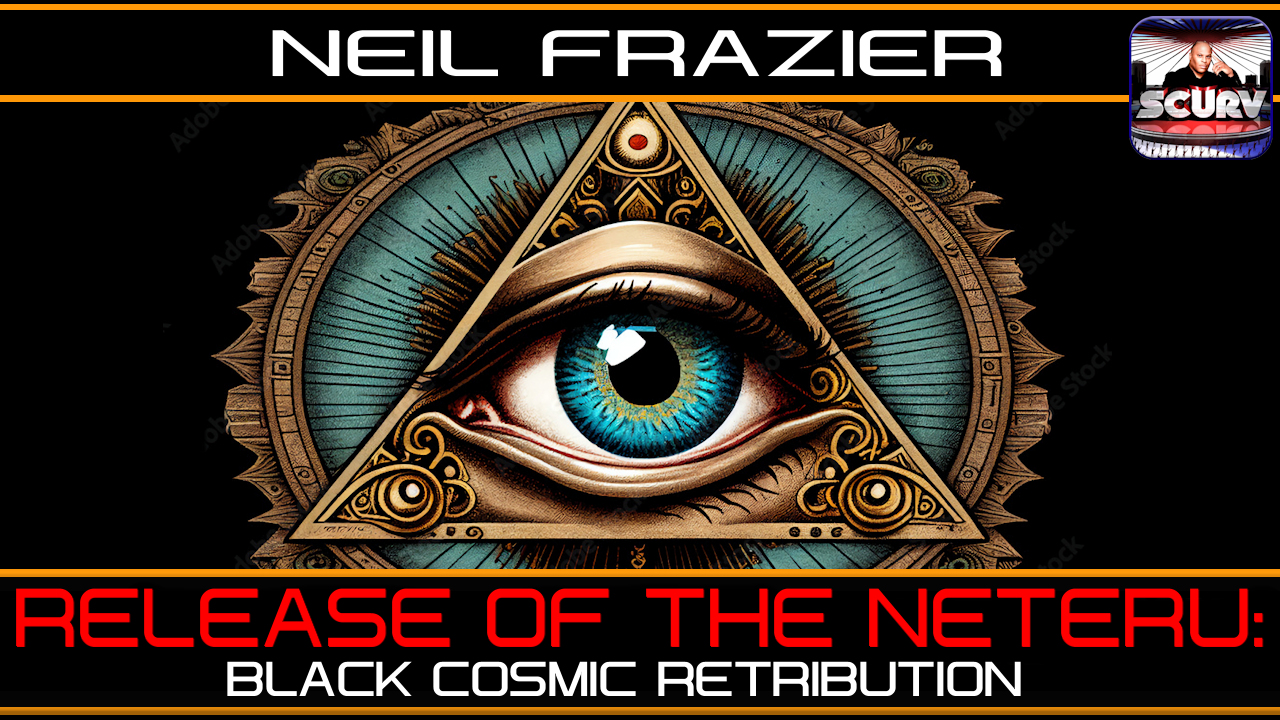The Total History and Uniqueness of the April 8, 2024 Solar Eclipse
The celestial dance of the sun, moon, and Earth has fascinated humanity for millennia. One of the most awe-inspiring events resulting from this cosmic choreography is the solar eclipse. Throughout history, civilizations have marveled at the spectacle of the sun being obscured by the moon, giving rise to myths, legends, and scientific inquiry. Among the myriad solar eclipses recorded in history, the April 8, 2024 event stands out as a unique phenomenon, captivating both astronomers and enthusiasts alike. In this comprehensive exploration, we delve into the total history of solar eclipses and unravel the distinctiveness of the April 8, 2024 solar eclipse.
I. Ancient Observations and Myths:
- Ancient civilizations, such as the Babylonians and the Chinese, recorded observations of solar eclipses as early as 2500 BCE.
- Myths and legends surrounding solar eclipses often depicted them as omens or celestial battles between cosmic entities, reflecting humanity’s attempt to comprehend these celestial phenomena.
II. Scientific Understanding:
- It wasn’t until the Renaissance era that scientific understanding of solar eclipses began to emerge, with astronomers like Johannes Kepler and Galileo Galilei making significant contributions.
- The 17th-century work of Edmond Halley, who accurately predicted the timing and path of a solar eclipse in 1715, marked a pivotal moment in eclipse prediction and understanding.
III. Total Solar Eclipses vs. Partial Eclipses:
- A total solar eclipse occurs when the moon completely obscures the sun, casting a shadow on Earth and plunging the immediate area into darkness.
- Partial solar eclipses, on the other hand, occur when only a portion of the sun is obscured by the moon, resulting in a crescent-shaped sun.
IV. Path of Totality:
- The path of totality refers to the narrow strip on Earth’s surface where a total solar eclipse is visible.
- The April 8, 2024 eclipse will traverse a path of totality spanning North America, making it accessible to millions of spectators across the continent.
V. Rarity and Frequency:
- While solar eclipses occur regularly, the occurrence of a total solar eclipse in any given location is relatively rare.
- The April 8, 2024 eclipse holds significance due to its accessibility and the duration of totality in certain regions.
VI. Technological Advancements and Citizen Science:
- Advances in technology, such as telescopes, cameras, and satellite imagery, have enabled scientists to study solar eclipses in unprecedented detail.
- Citizen science initiatives, including crowd-sourced data collection and public outreach efforts, have enriched our understanding of solar eclipses and their impact on Earth’s atmosphere.
VII. Cultural and Spiritual Significance:
- Solar eclipses have held cultural and spiritual significance for diverse societies throughout history, often inspiring rituals, ceremonies, and artistic expressions.
- The April 8, 2024 eclipse provides an opportunity for communities to come together and witness this celestial event, fostering a sense of shared wonder and awe.
VIII. Scientific Research Opportunities:
- Solar eclipses offer scientists a unique opportunity to study the sun’s corona, the outermost layer of its atmosphere, which is typically obscured by the sun’s brightness.
- The April 8, 2024 eclipse presents researchers with a chance to conduct studies on solar physics, space weather, and atmospheric dynamics.
IX. Safety Precautions and Viewing Tips:
- Observing a solar eclipse requires proper eye protection to prevent permanent eye damage or blindness.
- Specialized eclipse glasses, solar filters, or indirect viewing methods, such as pinhole projectors, should be used to safely view the eclipse.
X. Inspiring Future Generations:
- The April 8, 2024 solar eclipse serves as a reminder of the wonders of the cosmos and the importance of scientific exploration and discovery.
- By engaging with this celestial event, we can inspire curiosity and fascination in future generations, fostering a deeper appreciation for the natural world and our place within it.
As we stand on the brink of the April 8, 2024 solar eclipse, we are reminded of the timeless fascination and enduring significance of these celestial phenomena. From ancient myths to modern scientific inquiry, solar eclipses have captivated humanity’s imagination for millennia. The unique characteristics of the April 8, 2024 eclipse make it a truly exceptional event, inviting us to marvel at the wonders of the cosmos and contemplate our place in the universe. As we prepare to witness this celestial spectacle, let us embrace the opportunity to deepen our understanding of the cosmos and inspire future generations to explore the mysteries of the universe.















